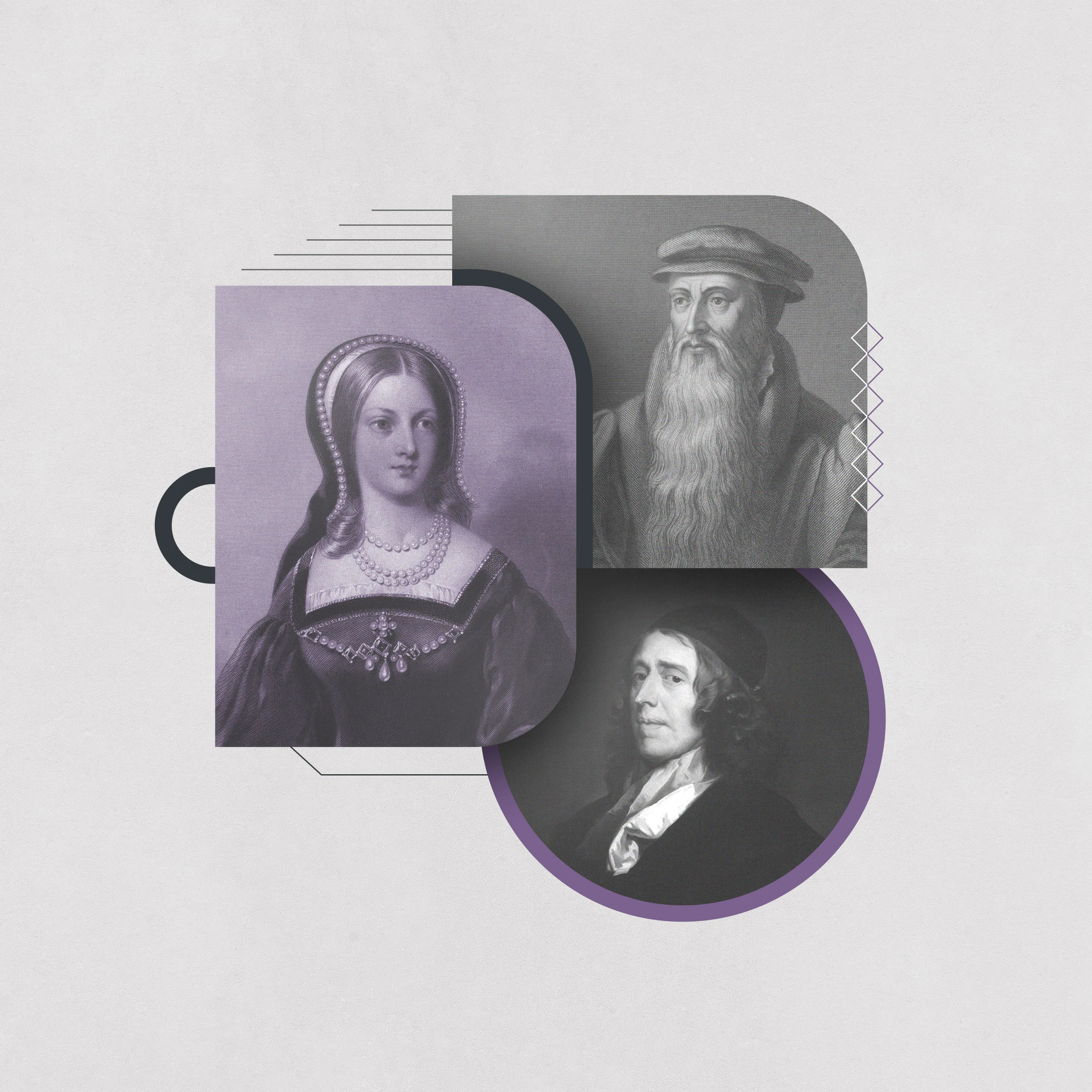Who Was Pelagius?

The Pelagian Controversy (AD 411–431) was the first controversy in the history of the church focused on soteriological questions—those questions related directly to the doctrine of salvation—but it touched on a variety of related questions. In addition to addressing the nature of grace, those involved in this controversy touched on the nature of man, the nature of free will, the possibility of sinless perfection, the sacraments, and more. It is usually identified as a conflict between Pelagius and Augustine, but other prominent churchmen and theologians were involved as well, including Caelestius, Julian of Eclanum, Jerome, and John Cassian.
Very little is known about the personal biography of Pelagius. He was born sometime in the last quarter of the fourth century and died sometime around AD 418. Several ancient authors say that he was originally from Britain. He came to Rome sometime around AD 384 for unknown reasons and eventually became a religious mentor to a number of aristocrats in the city. The Roman historian Orosius, who was also a student of Augustine, says that Pelagius was a large and portly man. Jerome was somewhat less gentle, referring to Pelagius as “a big, fat Alpine dog” who was “weighed down with Scottish porridge.” In spite of his serious theological differences, Augustine spoke of Pelagius as a “holy man” and an “exemplary Christian.”
Pelagius’ theological starting point was that humans are good because God created them and declared them good. The subject arose because Pelagius was in conflict with Manichaeans, who taught that humans are evil because of their bodily, material nature. For Manichaeans, the material world is the world of darkness. The good world of light is in constant conflict with the evil material world. Pelagius was correct in rejecting Manichaeanism and in declaring that man was originally created good. Where he went astray, according to Augustine, was that he did not take seriously enough the effects of the fall. He did not believe that Adam’s fall had resulted in the corruption of an originally good human nature. In other words, Pelagius completely rejected the doctrine of original sin.
According to Pelagius, Adam’s sin affected Adam alone. In other words, we do not sin because we have a fallen, corrupt, and sinful nature. Rather, we sin in imitation of Adam in the way that little children naturally imitate the mannerisms and speech patterns (such as accents) of their parents. If we imitate our first parents long enough, we develop sinful habits. Because our nature is not corrupted, however, we always have the ability to use our free will to choose the good rather than the evil. In fact, according to Pelagius, we can choose to live a life of sinless perfection if we want it badly enough.
All of this raises an important question: Is there any place or need for grace in Pelagius’ system? Pelagius argued that we are saved by grace, but his explanation of what this means involves serious distortions of the biblical notion of grace. For Pelagius, “grace” means several things. In the first place, God’s giving of divine revelation is grace. God did not have to give us the law or the teachings of Jesus. Second, God’s sending of the Son is grace because Christ shows us how to lead a sinless life. We simply have to respond to this gift of grace by ceasing to imitate Adam and beginning to imitate Jesus.
We cannot, in our own fallen power, turn our wills toward God. Only God can change and free our wills from their bondage to sin.
Most significantly, Pelagius taught that God’s creation of human nature and free will is grace. We didn’t ask to be created, so the fact that God chose to create us is grace, and He created us with free will, the ability to choose good or evil acts. We are now responsible for how we choose to use that graciously given ability. We might compare this with human speech. God creates us with the ability to speak (grace). We are responsible for the way we choose to speak. We can choose to use our ability to speak in a good way or in an evil way. So, we are graciously given the ability to choose good or evil acts. If we use our free will to choose the good, it is only because we have that God-created natural human ability to do so. This is how Pelagius could say that he believed salvation is by “grace”—the good works that result in salvation are only possible because God created us with the free will that has the ability to choose to do those good works.
Augustine rejected all of this. He argued that we must make a distinction between human nature before the fall and human nature after the fall. Adam’s sin affected all of his posterity, so human nature after the fall is different. It has been corrupted by sin. Grace is something God freely gives to those who have done nothing to earn it. We cannot, in our own fallen power, turn our wills toward God. Only God can change our wills and free them from their bondage to sin.
Ultimately, Pelagius’ doctrine was condemned at the Council of Ephesus in AD 430 and again at the Council of Orange in AD 529. It has never completely died, however. In the centuries immediately prior to the Reformation, theological views that were at least semi-Pelagian, and often borderline Pelagian, came to the fore again. The Reformers picked up where Augustine left off, condemning these doctrines at their root.
In our own day, at the academic level, many scholars are trying to rehabilitate Pelagius and argue that his views should not have been condemned. On the lay level, Pelagianism is often the default position of many professing Christians. If someone declares that human nature is basically good, but they don’t make a distinction between pre-fall and post-fall human nature, there is a good possibility that they hold to some of the basic tenets of Pelagianism.
Why does all this matter? Because our diagnosis of a problem will determine what we see as the solution. In Christian theology, the solution is our soteriology, our doctrine of salvation. This means that our diagnosis of man’s “problem” will determine our doctrine of the “solution,” our doctrine of salvation. If Pelagius is right, our problem is merely that we have chosen to use our free will poorly, and all we really need to be saved is to start imitating Jesus rather than Adam. We can ultimately save ourselves. If Augustine is right, our nature has been so impacted by the fall that we cannot possibly save ourselves. God must graciously do something. Jesus had to be sent, not merely to live His life as an example to follow, but to give His life as an offering for our sins.


